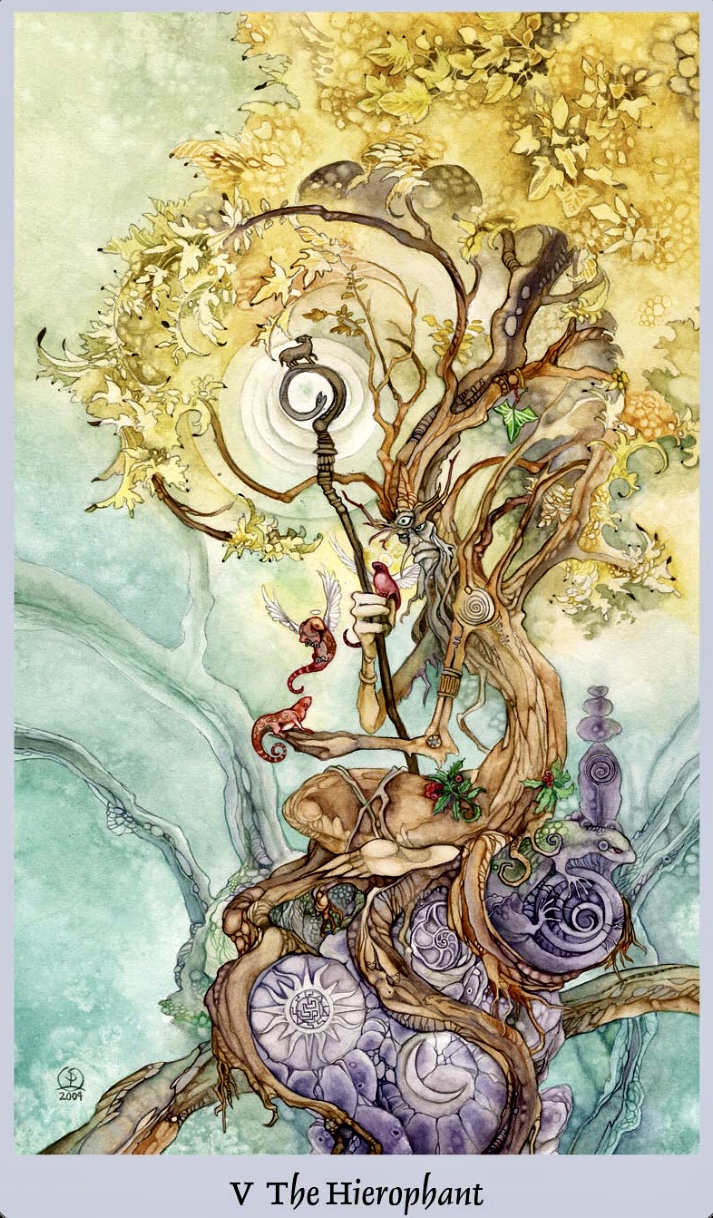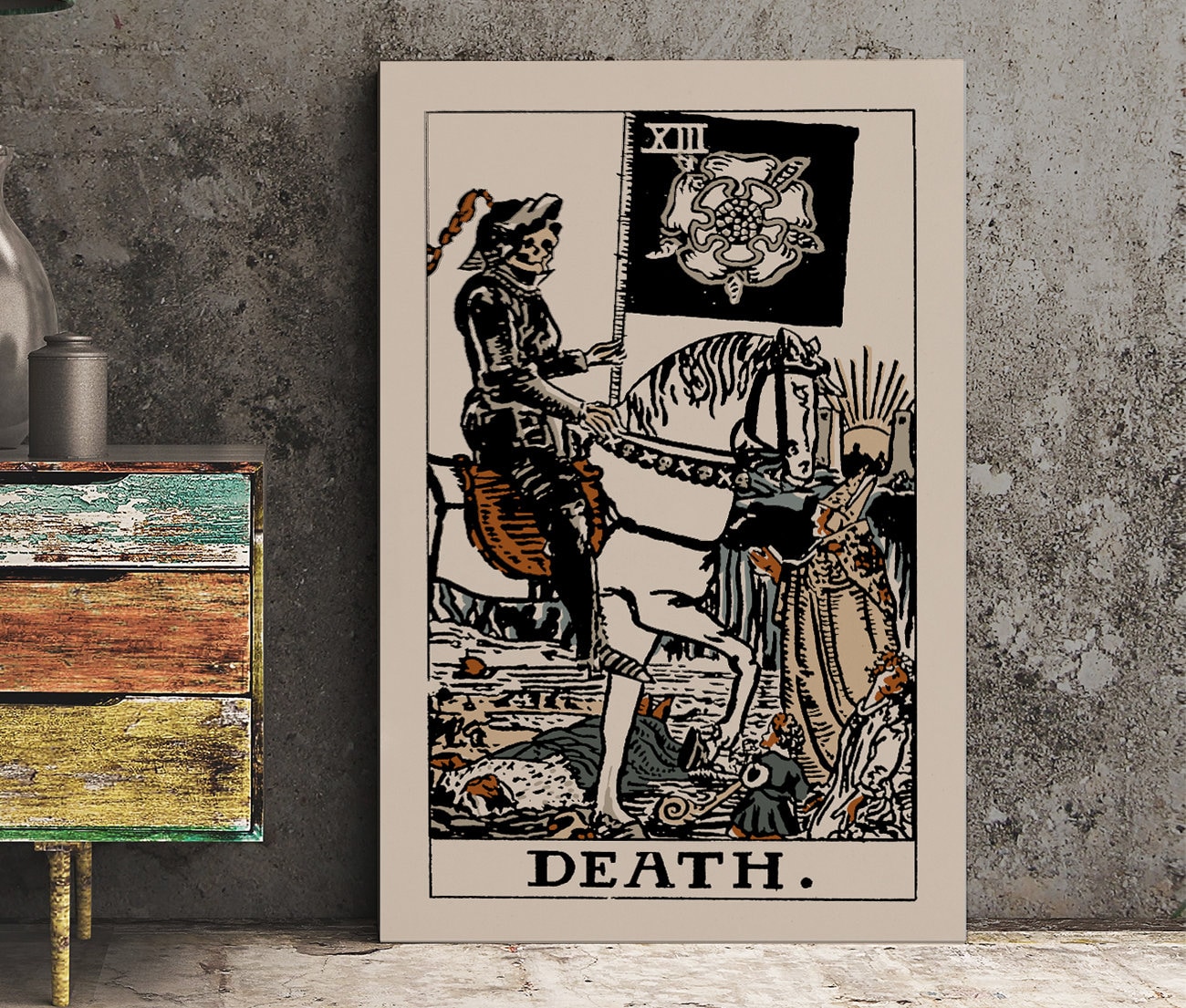
Tarot cards can help you find your truth. These cards feature unique symbols that correspond with specific elements of Astrology and can provide guidance on how you should handle any situation. These cards can also be used to help you create a better world.
When you begin to learn tarot, it is essential that you choose a deck that you love. There are many decks to choose from, so many readers will be able to identify the one that is best for them. Many decks include a guidebook that explains how each symbol is represented.
You should also practice your readings. The best way to learn how intuition and book knowledge can be combined is to read tarot cards. When you practice reading, you'll start to notice patterns in the meanings of the cards. You will also be more confident in your ability to read the cards. This will improve your intuition, and allow you to use tarot more often.

The four main suits of a tarot deck are cups, pentacles, swords and wands. These suits represent many aspects of life including relationships, emotional matters, intellectual intrigues and physical realities. There are many interpretations of each suit, so some readers prefer three cards spreads.
A three-card spread is a good way to begin for beginners. This is a good way to learn to read tarot decks, as well as to connect your past and your future. You can adjust the spread to fit your situation. The spread can reflect the past, the situation, or the result. You can also alter the spread to reflect a specific challenge or additional information.
For a more in-depth reading, you can refer to many other spreads. These spreads are the Celtic Cross (the Tree of Life), the Pentagram, the Pentagram, or the Tetractys. It is possible that you prefer to use three or more cards. A five-card spread provides clarity and illumination. Purple Garden even offers real-time advisers, which lets you schedule a reading as well as order it.
A journal can help you to gain a better understanding of the cards. You can also write down your thoughts about each card. Take some time to meditate when you feel that a particular card is for your purposes.

Asking yourself questions can help you feel more confident about your vision. Ask yourself open-ended questions to get the cards' answers. Try something like, "What is the best course for me?" Instead of "Will it make me happy?" you'll get actionable results. You can ask more specific questions, such as "Will I be happy with this relationship if my promotion is granted?" ", you'll be locked into a passive role.
Keep in mind, however, that tarot decks do not have to be memorized. Instead of trying to memorize all the information, you can practice with a video or guidebook and do a few readings.
FAQ
What hobbies are best for introverts and what types of hobbies would they enjoy?
The ability to focus on just one thing is a hallmark of introverts. They like solitude activities such as reading and writing, listening to music and watching movies.
They also love to spend quiet time by themselves. They don't enjoy being social all day. They can even become bored when they're surrounded by people.
Introverts will often choose hobbies that require them alone. They might enjoy reading, listening to music or taking photos, painting, writing poetry, and other such activities.
Some introverts will even live alone. They can concentrate on their hobby without being distracted.
What are your educational hobbies and interests?
An educational hobby is an activity where you learn something by doing it. This could include anything from learning to play an instrument to playing sports.
The key thing is that it should be fun and enjoyable for you. It doesn't have to be done all the time. However, if you get bored of it, you should think about other things you can do instead.
These activities could end up costing you far more than what you pay for.
What are your top hobbies?
Doing something you enjoy is the best hobby. You will find it easier to stay motivated if you love what your doing. If you don't feel well or tired, you will always have an excuse!
Our hobbies include painting, crafts, photography and cooking.
Consider volunteering at your local animal shelter, charity shop, hospice, children's hospital or hospice, elderly care home, school center, church, or community center.
You might be looking for something more adventurous. Why not take up scuba diving, rock climbing, sky diving, bungee jumping, white water rafting, sailing, surfing, canoeing, kayaking, horse riding, zip lining, hang gliding, paragliding, skydiving, snowboarding, skiing, mountain biking, hiking, camping, fishing, hunting, archery, shooting, clay pigeon shooting, target shooting, golf, tennis, swimming, snorkeling, windsurfing, waterskiing, kitesurfing, wakeboarding, standup paddle boarding, hang gliding, parasailing, hot air ballooning, paragliding and many more.
There are many ways to enjoy nature, even if you don't want to travel far. These include caving.
What are the chances of making money with my hobby?
You can have many hobbies that lead to extra income.
If you are passionate enough about your hobby to decide to sell it,
If you are a stamp collector, you might want to start a website that sells rare stamps.
This will allow you to earn additional income without having go through the hassles of buying and selling stamps.
Another option is to start a YouTube channel in which you discuss your hobby.
This allows you to share what is important to you with others, and possibly generate additional revenue through premium content.
What are your competitive hobbies?
Running, swimming, cycling and tennis are all competitive sports.
They are usually enjoyed by people who enjoy being active, but also allow for social interaction.
If your hobby involves physical activity, you will likely find other people who share it.
This may mean joining a club or group where you meet regularly to play sports together.
You can also participate in team games where you play alongside others.
These include football (soccer), cricket, rugby, netball, basketball, hockey, baseball, volleyball, badminton, squash, handball, and table tennis.
There are many types and levels of competition.
Some competitions are organized for purely recreational purposes.
Others are used to assess competitors' abilities.
And still, others are designed to reward outstanding performance.
In these cases, winners receive prizes.
Other competitions are designed to test the strength and stamina of competitors.
These are known endurance events.
For example, marathon races, triathlons, Ironman Triathlon, etc.
Before competing in these events, athletes train hard.
They will adhere to a strict training program that prepares them mentally as well as physically.
They may need to spend some time out of their home for preparation.
It is important to remember, not all athletes will compete in every type and event.
Statistics
- Much of this decline reflects the fact that teens are less likely to work today than in the past; among employed teens, the amount of time spent working is not much different now than it was around 2005. (pewresearch.org)
- I am 100% biologically a woman (discover.hubpages.com)
- 37% Video Games 36% Travel 36% Health and Fitness (quizexpo.com)
- This 100% accurate personality-analyzing hobby quiz discovers your passion based on your characteristics. (quizexpo.com)
- In comparison, men in the “no humor” condition were refused 84.6% of the time and were only accepted 15.4% of the time. (time.com)
External Links
How To
How to learn how to play a musical instrument
There are many ways you can learn to play music. You could go to a school or buy a book. You could also take lessons from an experienced musician, watch videos online, and so on. However, if you decide to find your own way to learn, here are some tips and tricks that might help you out.
-
Find something that interests and you. If you don't like any of the instruments you see around, then you should try another one. It is difficult to enjoy an instrument if it is not something you are interested in.
-
Be patient. Learning anything new takes some time. It is unrealistic to expect to know everything instantly. Instead, you should continue practicing every day.
-
You should practice often. Even when you feel tired, continue practicing. This will help you remember what you've learned.
-
Make sure you choose a safe place to practice. A quiet room where you won't disturb anyone else is ideal. It is important to keep the room clear of distractions. For example, avoid having loud music playing nearby.
-
Have fun. Music is meant for enjoyment. Have fun with your practice. It will make you more motivated to keep going.
-
Set goals. You will know what you need to do if you have goals. This will make it impossible to fail.
-
Keep track and keep track of your progress. List all of your successes as well as your failures. This will help you to improve your performance over time.
-
Pause. Sometimes it is enough to just stop and think. Take breaks to allow you to reflect on things.
-
Ask questions. Ask for help if you are unsure or have questions about certain aspects of the instrument. They might be able to assist you.
-
Listening is the best way of learning. Many musicians love to listen to and imitate songs. This helps musicians understand the fundamental concepts of the song.
-
Read books. You will learn more from reading books than you can by watching videos or attending classes. You will also find information in books that you won't find anywhere else.
-
Join a group. Playing with other people will make you more practice. Plus, you will find people with similar interests to you.
-
Watch tutorials. Tutorials are brief videos that cover a variety of topics in great detail. These videos typically focus on one aspect of the instrument. Tutorials can help you understand complex parts of your instrument.
-
Explore different learning methods. Some people prefer to learn through lectures, whereas others learn better by reading. Keep trying until you find your preferred method.
-
Practice makes perfect. The truth is that nobody becomes an expert overnight. You must work hard to become proficient enough to do well.
-
Get along with other musicians. Listening and learning from others can help you to learn faster.